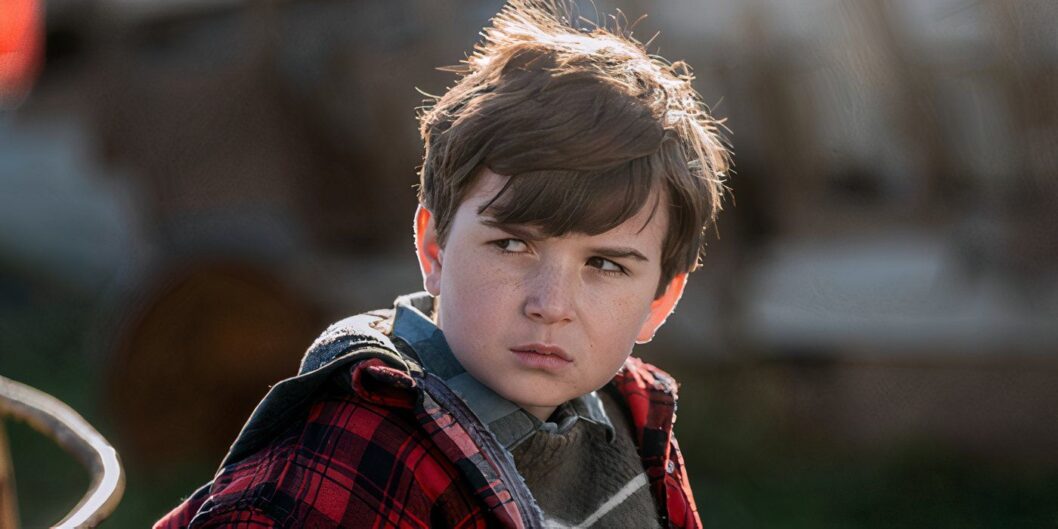Antalya: A Rising Star in Global Tourism
Antalya, a city on Turkey’s southwestern coast, has seen a staggering five-fold population increase over the past decade, from 600,000 to 3 million residents. As one of the top tourist destinations globally, ranking sixth for international arrivals, Antalya offers a rich tapestry of culture, history, and natural beauty, making it appealing for diverse travelers.
Antalya’s Growing Popularity
With a unique blend of sun-soaked beaches, historical landmarks, and a vibrant nightlife, it’s no wonder Antalya has ascended to such heights on the tourism ladder. According to tour guide Ihsan, “Antalya is not just about leisure; it’s an experience.” This sentiment resonates with tourists drawn to the city’s dual nature: offering both the tranquility of the sea and the excitement of exploration.
A Trip Through History: Kaleiçi
The journey commenced in the Old Town (Kaleiçi), a historic highlight that embodies the city’s storied past. The cobbled streets are lined with Ottoman houses and adorned with Bougainvilleae, providing a picturesque setting. Key sites included the Monument to Mustafa Kemal Atatürk, showcasing a captivating view over the marina and ancient fishing boats, alongside the renowned Yivliminare Mosque, notable for its history and architectural significance as one of Anatolia’s early multi-domed mosques.
The Antalya Ethnographic Museum, housed in well-preserved Ottoman mansions, gives insight into the lifestyle and traditions from the Ottoman era. The architectural diversity is further exemplified at the Shehzade Korkut Mosque, originally a Roman temple, later a church, and now a mosque, showcasing the transitions of various cultures that have left their mark on Antalya.
Remarkable Landmarks
Highlights of historical significance include Hadrian’s Gate, a well-preserved Roman structure dating back to 130 AD, and King Attalus II’s statue, commemorating the city’s founder. As tourists traverse this blend of history and culture, they can also enjoy local markets filled with vibrant spices and handcrafted goods.
Accommodation and Dining: The Corendon Playa Kemer Hotel
During the visit, guests enjoyed luxury at the Corendon Playa Kemer Hotel, an all-inclusive resort providing modern amenities and an expansive dining experience. Guests reveled in a range of culinary delights—from a lavish buffet to specialized à la carte dining experiences, illustrating the abundance of local and international flavors available.
The hotel also offers various recreational facilities, including pools, a spa, and access to water sports, making it suitable for both relaxation and adventure enthusiasts.
Events and Activities
Coinciding with the trip, attendees participated in Runtalya, a prominent running event attracting approximately 10,000 participants from over 50 countries. The atmosphere was electric, fostering a spirit of competition while bringing the community together. Competitors ranged from marathon runners to casual participants, reflecting the event’s inclusiveness and popularity.
Moreover, Antalya hosts several festivals throughout the year, such as the Antalya Music Festival and Antalya Fashion Week, enhancing its cultural landscape.
Conclusion: The Significance of Antalya
The rapid growth of Antalya, both in terms of population and tourism, reflects its emerging status as a vital travel destination. As it continues to draw visitors globally, the city balances its rich historical heritage with modern tourist trends. This dynamic reinforces Antalya’s appeal to various demographics, from culture enthusiasts to adventure seekers.
Overall, Antalya serves as a model of how regions can embrace their past while developing into flourishing hubs of tourism, showcasing the immense potential of melding history with contemporary appeal in the travel industry.












